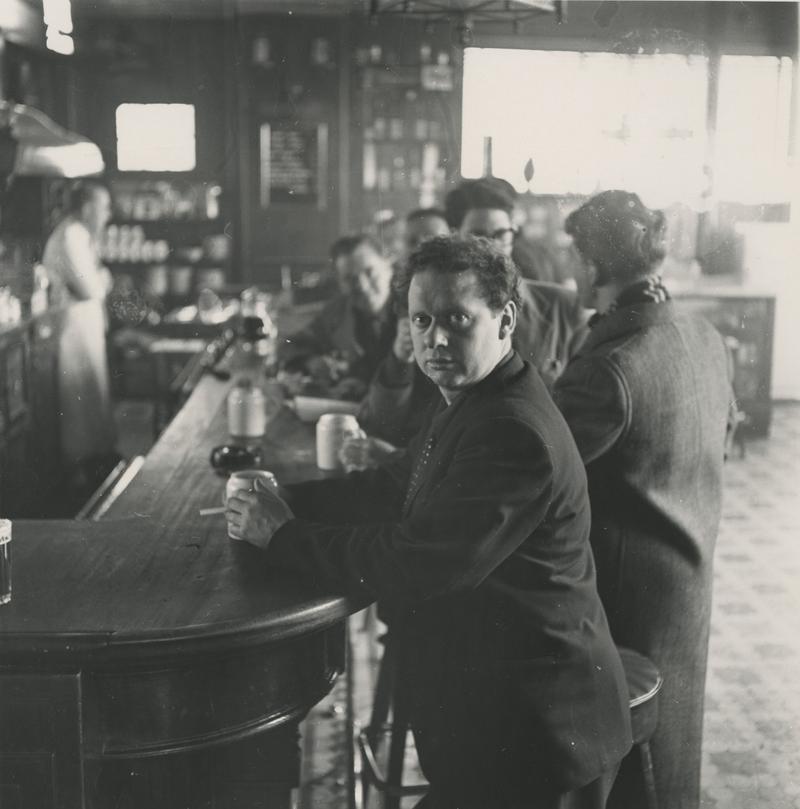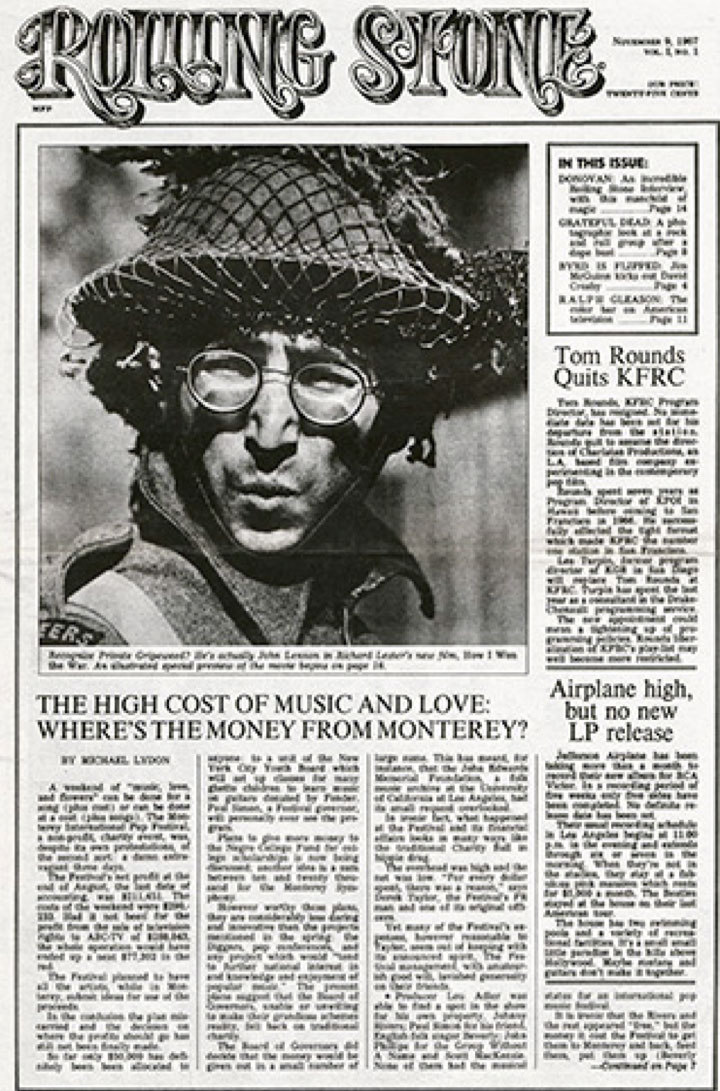Read the ramblings of Dr. Caligari. Hopefully you will find that Time does wound all heels. You no longer need to be sad that nowadays there is so little useless information.
Saturday, November 9, 2019
Did you know?
The string on boxes of animal crackers was originally placed there so the container could be hung from a Christmas tree.
November 9, 1946 -
Another classic, yet surprisingly controversial Bugs Bunny outing, Rhapsody Rabbit, premiered on this date (We'll talk about the controversy later.)
A long-standing controversy exists between the previous cartoon and the Tom and Jerry short, The Cat Concerto.
Both sides (WB and MGM) claim that theirs was the original, and the other was a rip-off. Nobody knows for sure who is correct and it is, of course, entirely conceivable that the similarities are pure coincidence.
November 9, 1951 -
The zenith of Hollywood Musical film making (I'll let you argue about whether this or Singing in the Rain is better), An American in Paris, opened in California on this date.
Leslie Caron had suffered from malnutrition during WWII and was not used to the rigorous schedule of filming a movie. Because she would tire so easily, she was only able to work every other day.
November 9, 1964 -
Another under-appreciated film that you should see, The Pumpkin Eater, opened in the US on this date.
Patricia Neal was offered the lead, but it was not 100% confirmed she would get the role. She then opted, to her later regret, to make the forgettable film, Psyche 59 instead.
November 9, 1972 -
The adaptation of the hit Broadway musical, 1776, starring William Daniels, Howard Da Silva, John Cullum, Ken Howard and Blythe Danner, premiered in NYC on this date
While it is generally accepted that John Hancock was the only one who signed the Declaration of Independence on July 4, Sherman Edwards and Peter Stone chose to have the congressional delegates sign the document on that date in the musical for dramatic effect.
Don't forget to tune into The ACME Eagle Hand Soap Radio Hour today
Today in History:
November 9, 1906 -
Teddy Roosevelt went against more than a century of tradition and became the first American president ever to leave the country while in office, on this date. He went to view the construction site of the Panama Canal.
Before Roosevelt, it was assumed that a President of the United States couldn't oversee the country effectively if he traveled abroad. It would take too long for him to communicate with government officials back home. But with the invention of the telegraph and then the telephone, high speed communication had grown much more feasible.
So on this day in 1906, Roosevelt and his wife climbed aboard the U.S.S. Louisiana and sailed south. The journey to Panama made Roosevelt happier than he'd been in a long while. He strolled the decks with his wife, read a stack of books he'd brought with him, including Tacitus and Milton, and the captain even let him steer the ship at one point. When he got to Panama itself, he was so impressed by the jungle and the tropical wildlife that he didn't even mind the torrential rains.
The chief engineer had the incredibly difficult task of accompanying Roosevelt everywhere he went. He said, "I have blisters on both feet and am worn out - Scaling a hill with Roosevelt is like taking a fort by storm." They took a train to the construction site, but when Roosevelt saw the first 95-ton steam shovel, he ordered that the train be stopped so that he could hike through the mud to see the steam shovel up close. It was a new invention at the time, and Roosevelt spent a half an hour asking about its operation. He then took a turn at the controls.
Although, King Louis (Mel Brooks) said, "It's good to be the king", it must have been a blast to be Teddy.
Bully, bully.
November 9, 1938 -
Today is the anniversary of Kristallnacht (Night of Broken Glass, literally, "Night of Crystal",) when waves of violent anti-Jewish pogroms took place throughout Germany and surrounding German territories. The incident was sparked after Herschel Grynszpan, a 17-year-old Polish Jew, killed Ernst vom Rath, a Nazi diplomat, on November 7, 1938.
The Nazis began burning and vandalizing Jewish businesses, homes, synagogues and schools. More than 100 Jews were killed, and Nazi forces arrested more than 30,000 Jewish men over two days, sending most of them to concentration camps; many of the men were later released after promising to leave the country. The violence marks the unofficially beginning of the holocaust.
November 9, 1953 -
Dylan Thomas finally accomplished his goal of drinking himself to death (having had 18 straight whiskies at the White Horse Tavern, in Greenwich Village, several days previously) on this date.
Sometimes it is not good to be a drunken Welsh poet.
November 9, 1965 -
The Northeast Blackout of 1965 was a major power outage affecting parts of Connecticut, Massachusetts, New Hampshire, Rhode Island, Vermont, New York, New Jersey in the United States and portions of Canada on this date.
Around 25 million people and 80,000 square miles were left without electricity for up to twelve hours. Although human error was the official blame, there is another theory that UFO's visiting the Northeast were to blame.
That explains so much.
November 9, 1967 -
First issue of Rolling Stone Magazine was published on this date.
In the very first edition of the magazine, Jann Wenner wrote that Rolling Stone "is not just about the music, but about the things and attitudes that music embraces."
When a government statement that crossing of the border would be permitted was broadcast on November 9, 1989, masses of East Germans approached and then crossed the wall, and were joined by crowds of West Germans in a celebratory atmosphere.
The Berlin Wall was subsequently destroyed by a euphoric public over a period of several weeks, and its fall was the first step toward German reunification, which was formally concluded on October 3, 1990.
The French are still casting a leery eye at their reunified neighbor.
November 9, 2346 -
Romulans commit an atrocity now known as the Khitomer Massacre, slaughtering over 4,000 Klingons on an agricultural colony on this date.
Worf and Kahlest are the only two to survive.
And so it goes
438
Subscribe to:
Post Comments (Atom)







No comments:
Post a Comment